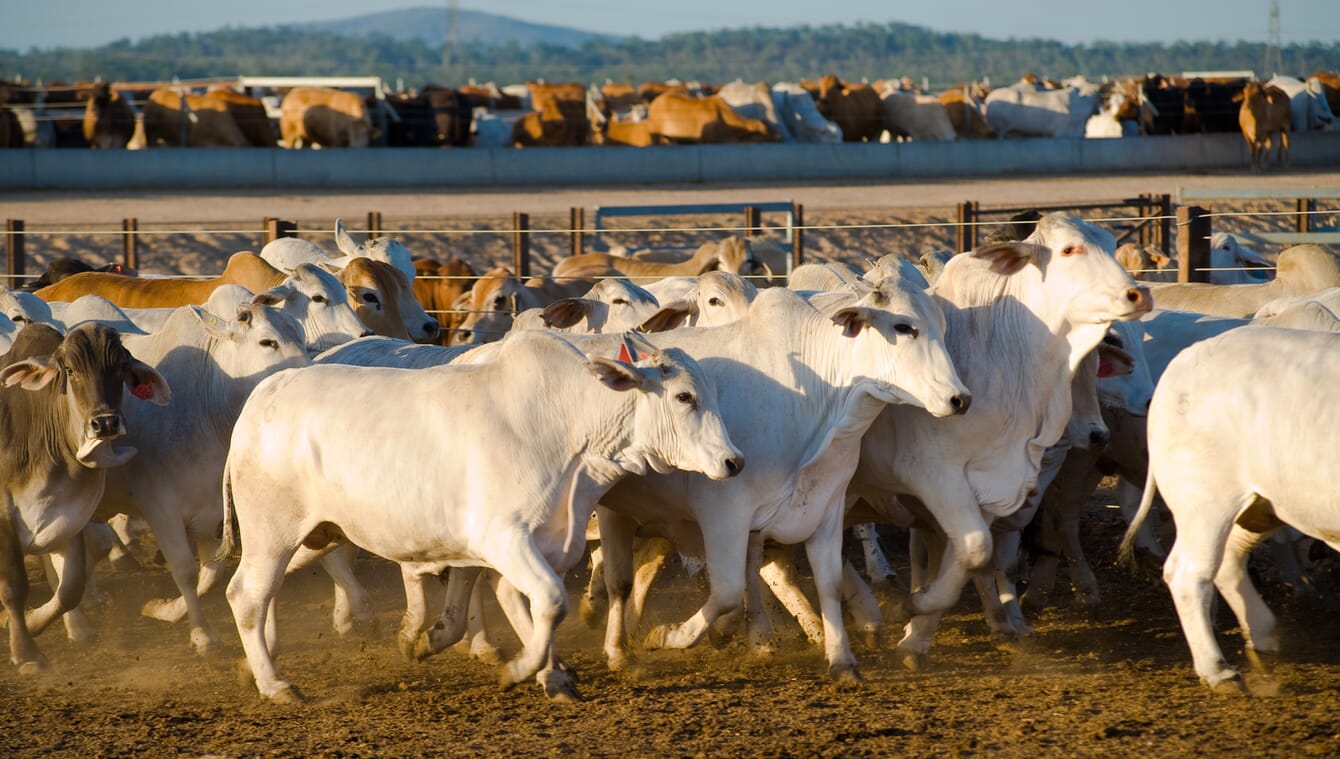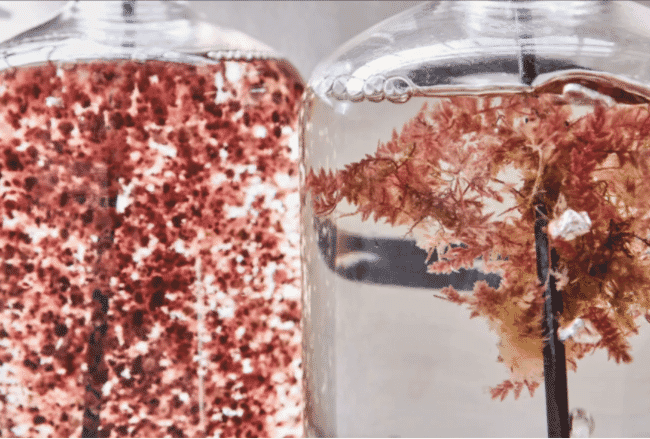
Rumin8 is using compounds from red seaweed and rangeland plants to radically reduce methane emissions in agriculture
According to a news release from the company, the funding round was led by Bill Gates-founded Breakthrough Energy Ventures (BEV) with participation from Andrew and Nicola Forrest’s agri-food business Harvest Road Group. The funding will be used to accelerate Rumin8’s road to commercialisation.
Rumin8 is an Australian climate technology company that is using compounds from red seaweed and rangeland plants to radically reduce methane emissions in agriculture. The company identifies naturally occurring compounds that have anti-methanogenic properties and reproduces them in a highly efficient, low-cost, scalable and high-quality process to feed to livestock to reduce their emissions.
Responding to investor interest, the company conducted a phase 2 seed round of funding, raising $12 million to be spent on commercial trials in Australia, New Zealand, Brazil and the USA, product brand development and pilot manufacturing plant development as Rumin8 moves towards commercialisation of its methane busting feed additives. Funds from both seed rounds totalled approximately A$25 million.
Existing international climate fund investors in Rumin8, the Australian-based Aware Super Sentient WA Growth Fund and US-based Prelude Ventures, both “topped-up” their shareholding in the phase 2 seed round.
Rumin8 is the first Australian-based BEV portfolio company.

Red algae species like Asparagopsis contain compounds that when ingested, can dramatically reduce enteric methane emissions in ruminants © Australian Seaweed Institute
“The demand for sustainable protein has never been more apparent, which is why BEV is keenly interested in reducing methane emissions from beef and dairy,” said Carmichael Roberts, BEV. “Rumin8 offers a low cost, scalable toolbox that has already proven to be effective in reducing emissions. Our team will support Rumin8 in working closely with farmers to expand the reach of this solution globally.”
Harvest Road Group CEO Paul Slaughter said Rumin8 complements the group’s other investments in reducing the impact of agriculture on climate change.
“We are actively seeking solutions to reduce methane emissions in livestock supply chains, with Harvest Road supporting multiple emerging technologies focussed on methane reduction in ruminant animals,” Mr Slaughter said.
“Feed additives are an important pillar in our strategy to reduce our carbon footprint and support our ambition to help solve the global methane emissions challenge. We believe Rumin8’s new technology has broad ranging application across the livestock sector and offers a promising solution for industry.”
Rumin8 managing director David Messina said Rumin8 had received considerable support from climate funds, and the Phase 2 seed round had closed over-subscribed.
“We have been very pleased with the reception we have received from climate impact funds around the world,” Mr Messina said. “There is a genuine desire to fund solutions to enteric methane emissions from livestock and fortunately for Rumin8, they can see the benefits of our technology.
“Our laboratory results continue to yield excellent results, our animal trials are reflecting the laboratory results and the financial modelling we are undertaking is indicating we will be able to supply our products at a commercial price point.
“Prior to the phase 2 seed funding round, we were progressing a number of key work streams sequentially. Now we have the resources to progress them in parallel, speeding up the road to commercialisation.”




